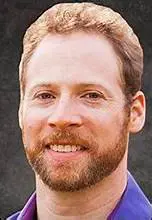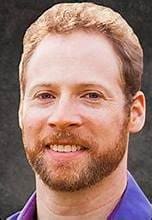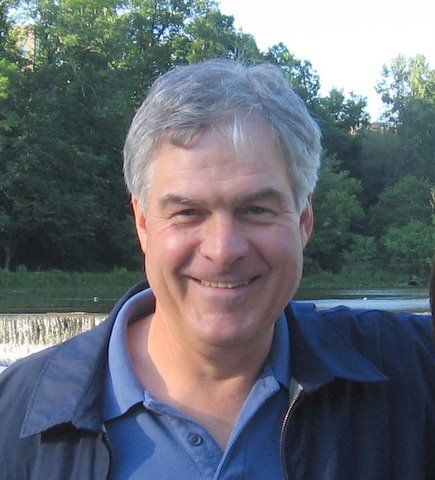Fostering a Culture of Autonomy and Connection in Medicine with Dr. Bradley Block, MD


In a healthcare landscape that often feels like it’s at odds with the very professionals it depends on, physicians find themselves grappling with the demands of a system that can feel stifling. It’s in this environment that the latest podcast episode with Dr. Sapna Shah-Haque and Dr. Bradley Block emerge as a breath of fresh air, promising insights into how doctors can navigate the complexities of modern medicine while maintaining their autonomy and deepening patient Relationships.
Dr. Bradley Block, an ENT and host of the Physician’s Guide to Doctoring, joins Dr. Shah-Haque to unpack the intricacies of physician autonomy—a concept that seems increasingly elusive in today’s heavily bureaucratized medical field. They dissect the challenges posed by insurance companies and regulatory bodies and deliberate on how generational shifts in attitudes towards work-life balance are reshaping the medical profession.
The conversation pivots to the concept of physician-owned hospitals, suggesting they could be a game-changer in patient care. Drawing from the experience of Dr. Shah-Haque’s own practice, they speculate on a model of shared ownership among physicians, which could lead to more efficient and patient-centered care.
Efficient doctor-patient interactions are also a significant theme of the episode. Dr. Shah-Haque shares her struggle with time constraints and the transformative power of social engineering to improve those interactions. Being fully present and undistracted is vital for effective communication—a skill that is not limited to the confines of a clinic but extends to every professional and personal interaction.
Moreover, Dr. Shah-Haque delves into her journey into podcasting and how the medium has been instrumental in broadening the conversation beyond medicine to include political lobbying and professional efficiency. The skills honed in the exam room have the potential to spill over into other facets of life, including battling social Anxiety and enriching personal relationships.
Developing heuristics for medical diagnosis is another focal point. As doctors evolve in their practice, they move from a deliberate learning phase to a more efficient use of heuristics. Dr. Shahok advocates for a balance between engagement and efficiency, emphasizing the need for intellectual stimulation to prevent career stagnation.
In an industry that often reduces the doctor-patient relationship to a series of transactions, the episode champions the view of it as a dynamic and evolving connection. The incorporation of empathy, active listening, and the art of asking the right questions can transform patient care and result in a more fulfilling professional life for physicians.
This episode is a must-listen for any healthcare professional seeking to navigate the often turbulent waters of modern medicine. It offers a toolkit for reclaiming the joy and purpose of the medical practice, emphasizing the need for physicians to engage actively in shaping the future of healthcare.
Join us in exploring the art of maintaining curiosity and compassion in medicine and discover how these tools not only improve patient outcomes but also lead to a more fulfilling personal and professional life. As we strive for a culture of autonomy and connection, let’s revolutionize healthcare one conversation at a time.
Originally Published on https://www.theworthyphysician.com/blog
























